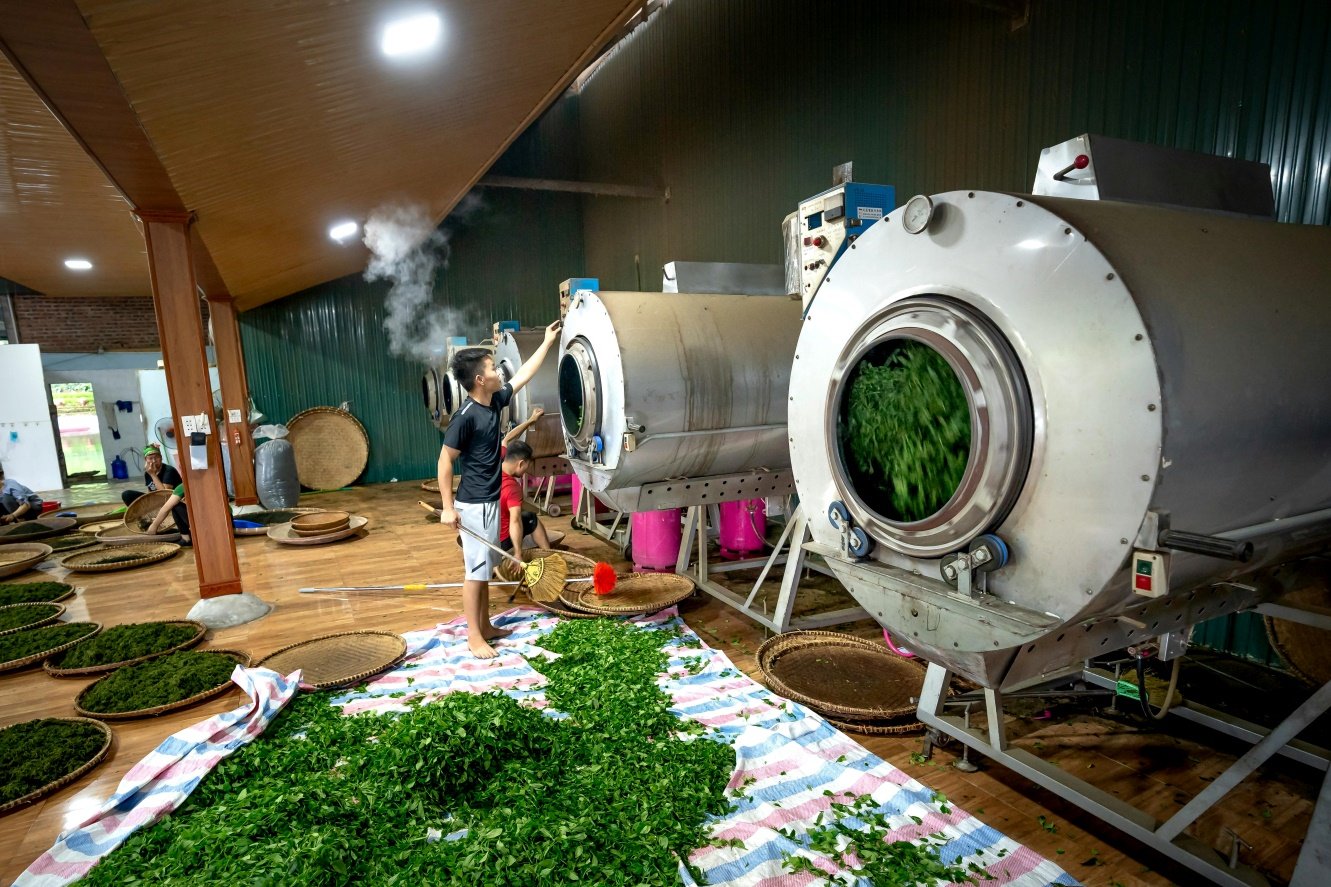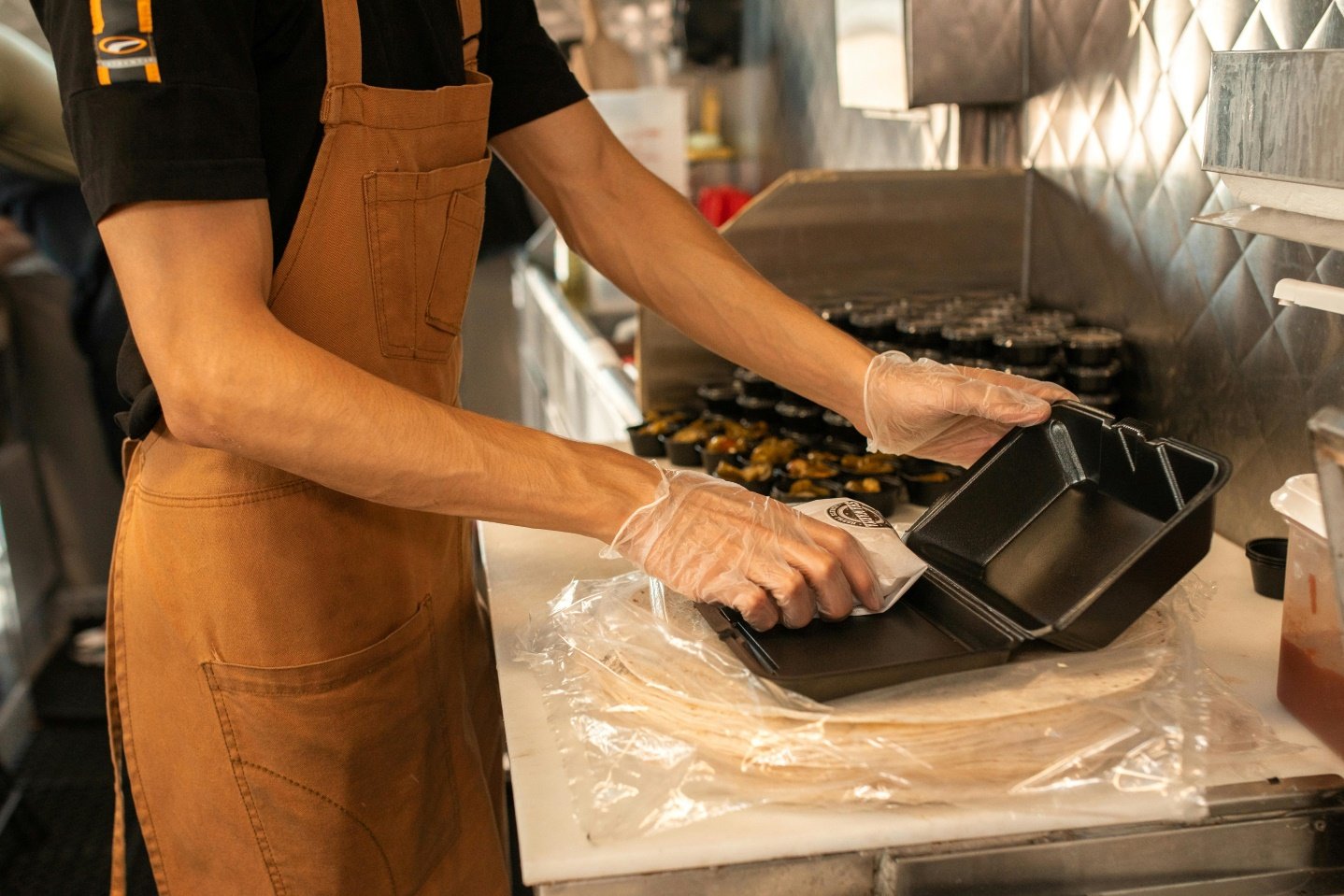Is FSSC 22000 Certification Necessary for Your Food Business?
With rising global food safety demands, many food businesses are asking: Is FSSC 22000 certification really necessary? The answer depends on your business goals, customer expectations, and export ambitions. Here’s a breakdown to help you decide if FSSC 22000 is the right step for your operation.

What Is FSSC 22000?
-
A globally recognized food safety certification scheme
-
Based on ISO 22000 + PRPs + additional GFSI requirements
-
Accepted by international retailers, regulators, and multinational food companies
-
Covers food manufacturing, packaging, feed, transport, and storage
Who Typically Requires FSSC 22000 Certification?
-
Exporters targeting developed markets (EU, US, Japan, etc.)
-
Suppliers to multinational food brands and global retailers
-
Manufacturers producing high-risk or ready-to-eat products
-
Businesses aiming for a competitive edge in tenders and contracts
Key Benefits of FSSC 22000 Certification
1. GFSI Recognition
-
Accepted by global buyers who require GFSI-approved certification
-
Meets international benchmarks for food safety and quality
2. Enhances Market Access
-
Opens doors to supply chains of major supermarket chains
-
Required by many global food processors and distributors
-
Increases credibility when approaching new customers
3. Builds Consumer and Stakeholder Trust
-
Demonstrates commitment to food safety and continuous improvement
-
Reduces risk of food safety incidents and recalls
-
Strengthens brand reputation in competitive markets
4. Integrates with ISO Systems
-
Seamlessly integrates with ISO 9001, ISO 14001, and ISO 45001
-
Simplifies documentation and system management
-
Supports a unified management system approach
5. Boosts Operational Efficiency
-
Encourages risk-based thinking and preventive controls
-
Promotes better documentation and traceability
-
Helps identify process inefficiencies and reduce waste
6. Prepares You for Regulatory Compliance
-
Aligns with Codex HACCP, FSMA, EU food laws, and local authority requirements
-
Helps you stay audit-ready for customers and authorities
Is It Mandatory?
-
Not legally mandatory in most countries—but highly recommended
-
May be contractually required by clients or importers
-
Preferred over basic ISO 22000 certification in global trade
When Might ISO 22000 Be Enough?
-
You supply to local markets only
-
Your clients do not require GFSI certification
-
You are a startup or small business preparing for future growth
When Should You Choose FSSC 22000?
-
You want to export or supply global brands
-
You need to meet GFSI requirements
-
Your business is scaling and needs a globally trusted FSMS

CAYS Scientific Can Help You Decide and Certify
At CAYS Scientific, we support businesses through:
✅ Gap assessments between ISO 22000 and FSSC 22000
✅ Full implementation of additional FSSC modules (PRPs, food defense, etc.)
✅ HACCP and internal audit training
✅ Pre-certification audits and documentation support
📞 Contact CAYS Scientific today to explore whether FSSC 22000 certification is the next right move for your food business—and how we can make the process smooth and successful.


